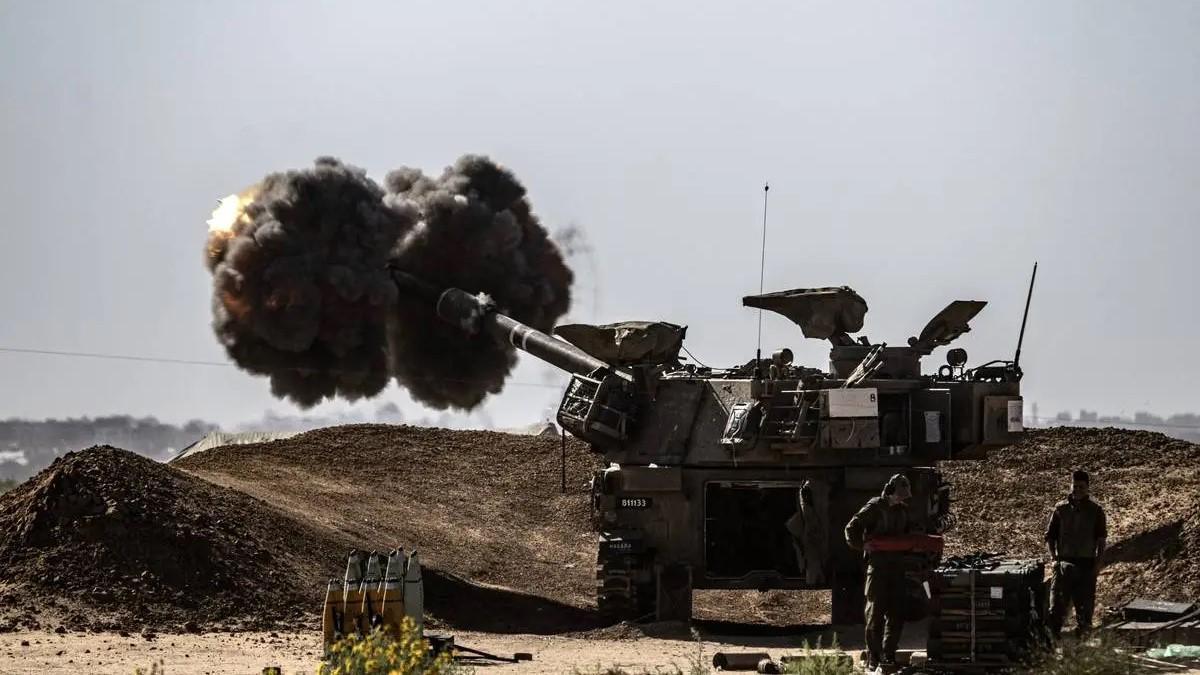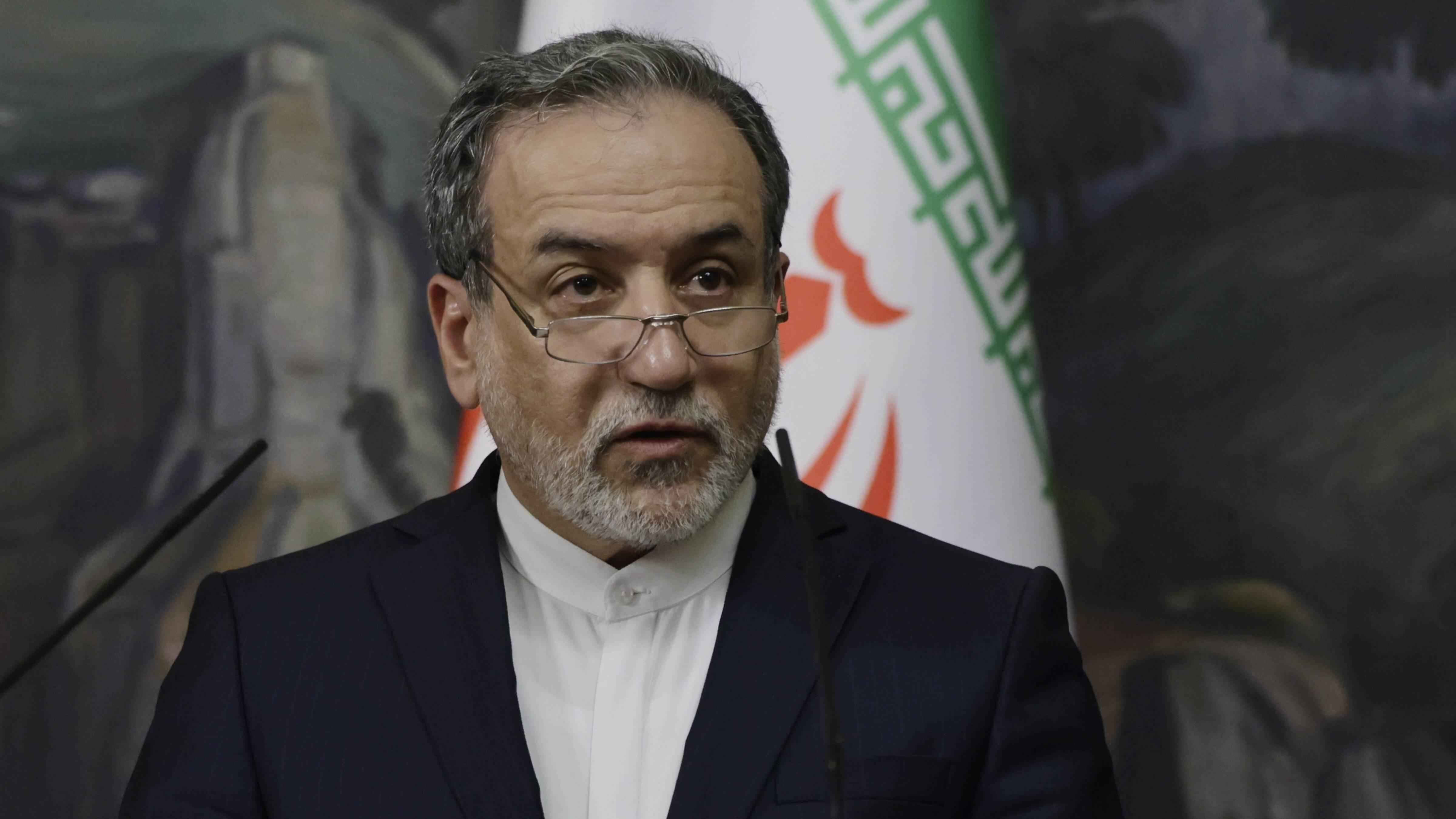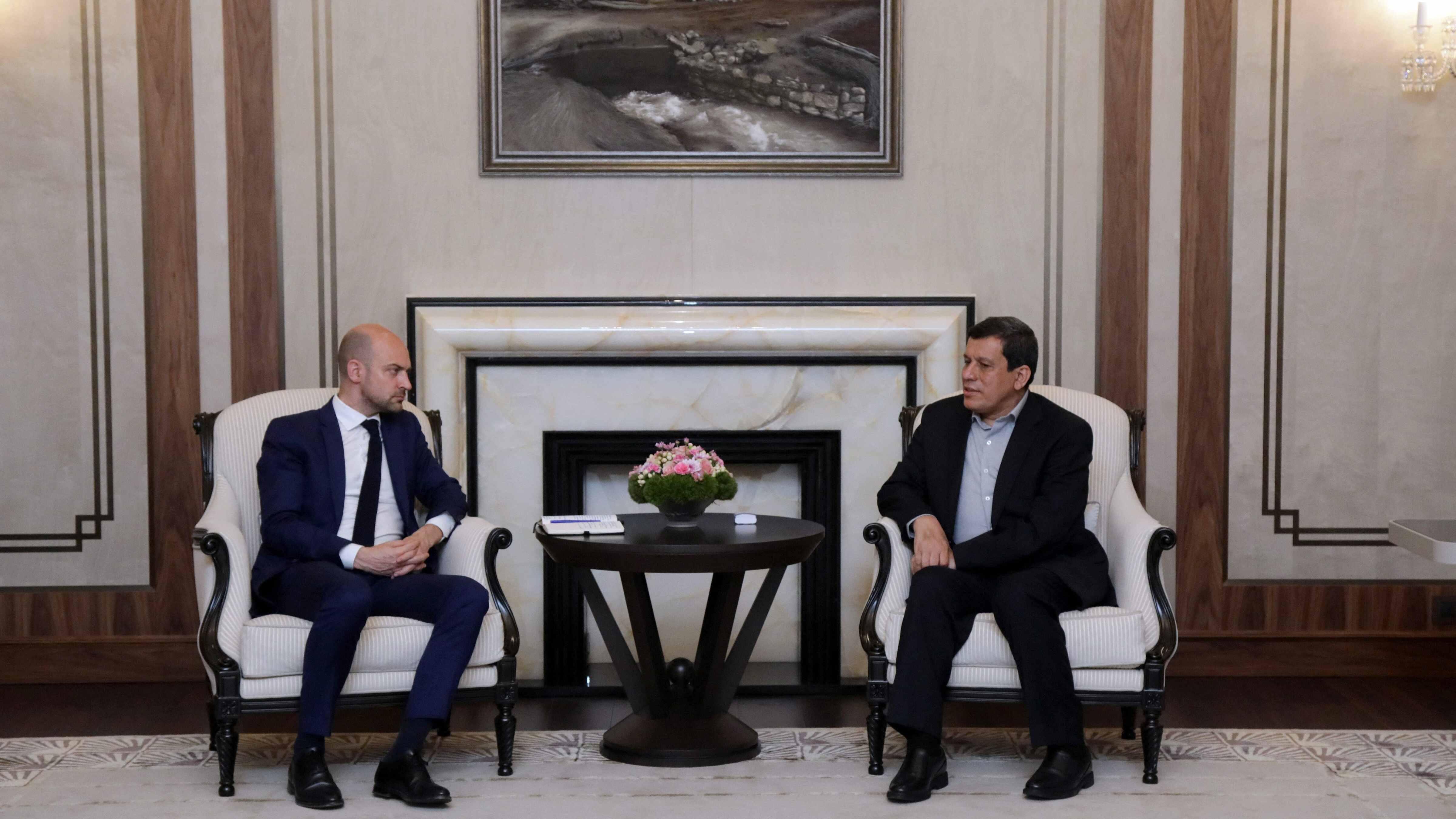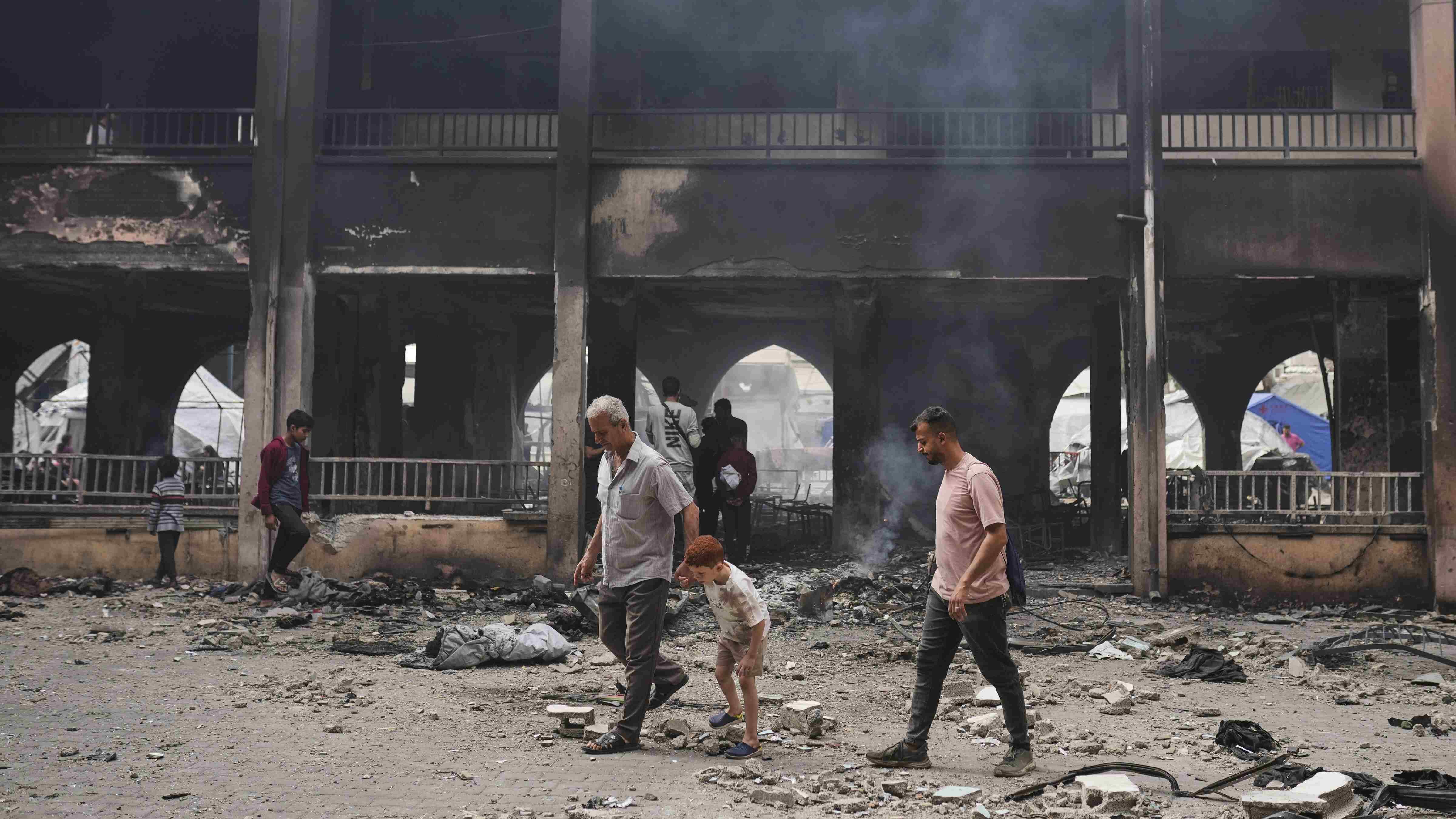When the concern is the homeland
A Czech court’s ruling to release former Syrian Kurdish Democratic Union Party (PYD) co-leader Salih Muslim could be seen as a sign for some new negative developments.
Not in the sense that a powerful and mysterious hand is setting up traps for us all over the world…
If we cannot have the PYD and its armed wing, the People’s Protection Units (YPG), accepted as terror organizations, we could face new problems in the judicial and political areas.
Court decisions
I do not know much about Muslim’s case and do not have much knowledge on extradition laws; hence, I will not be able to provide sufficient legal analysis on the Czech court’s ruling. But it is apparent that the Czech court acted insensitively on terrorism.
Turkish authorities have said that wherever Muslim goes, they would closely watch him and ask for his extradition.
What if, following the Czech court, other courts also ruled in such a way?
The PYD might even, by organizing some activities, can try to make sure that the incident is conveyed to the judiciary in the relevant country.
Russia does not even consider the outlawed Kurdistan Workers’ Party (PKK) as a terror organization. And the U.S. is clearly supporting the YPG.
If the decisions of the European courts, which do not consider the PYD as a terror organization, are added to this picture, things will get harder for us.
Residential areas
Once clashes in the residential areas in the towns of Jinderes and Raju in Afrin, and later in the Afrin city center—which is more populous—start in the upcoming days, the legal issue will be much more important.
When it comes to urban warfare, Turkey has much experience, with its most recent experience being clashes in southeastern cities in 2016, when days-long curfews were declared in the southeastern provinces of Diyarbakır’s Sur district, Şırnak’s Silopi, İdil and Cizre districts, Mardin’s Derik, Nusaybin and Dargeçit districts, and thousands of locals had left the areas.
Shopkeepers in Sur, who saw the PKK was the cause of all this, had then protested Peoples’ Democratic Party (HDP) deputies.
After all, the issue was our “internal matter,” and the PKK is registered officially as a terror organization by both the West and the European Court of Human Rights (ECHR).
Back when the operations were going on, not only the Turkish Constitutional Court turned down applications requesting the operations in the country’s southeast to be “stopped as a precautionary measure,” but the ECHR, too, did.
You see the importance of listing it as a terror organization.
But no major country has been able to list the PKK’s Syrian wing as a terror organization.
Operation in Afrin’s city center
Unfortunately, there will be demolished buildings and people fleeing due to the operations undertaken in the residential areas against the PKK’s Syrian wing in Afrin, which will make loud sound in international media and politics.
If the U.N. Security Council’s “cease-fire” decision had mentioned the YPG as a terror organization, the fight on ground would have been a lot easier, right?
Operations in residential areas are very different militarily; they require specially trained personnel and special technology. And because of this, they can last for months. “It will be a scorching summer,” Turkish President Recep Tayyip Erdoğan had said.
Close contacts especially with academic circles, think thanks, and intellectuals that have an influence on the public opinion, should be established; and the government should open itself to these academic and intellectual environments.
None of the problems can be more important than the unity of Turkey. Without amplifying unnecessary disputes, we have to improve our relations with other countries and public opinions, and strengthen our hand in the legal field.
The important saying “When the concern is the homeland…” – which was not uttered by Mustafa Kemal Atatürk, the founder of modern Turkey, but is attributed to him – diplomacy and law become more important than ever.











